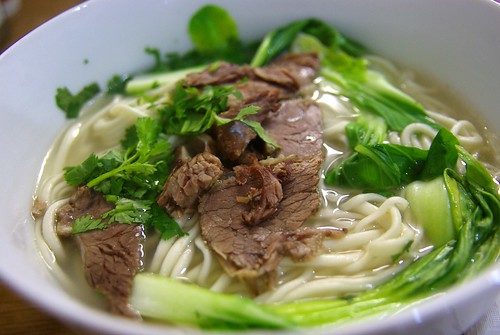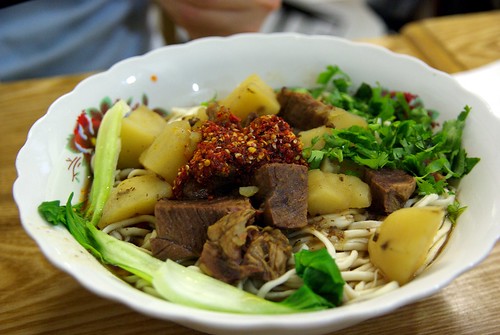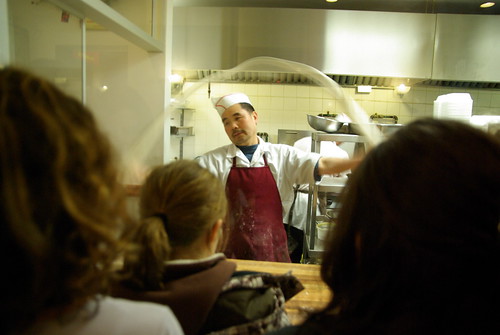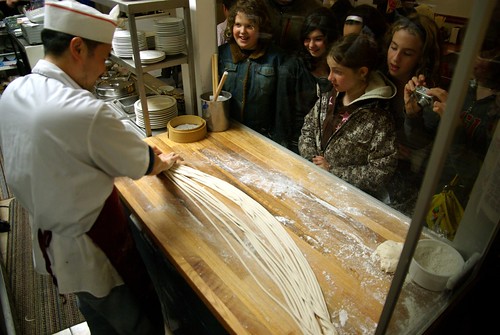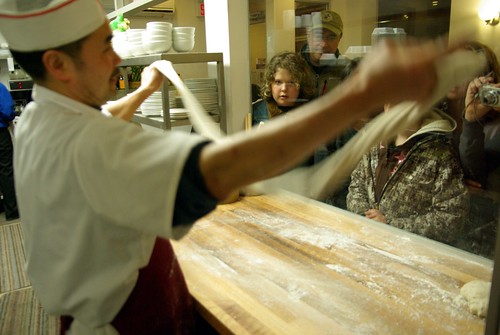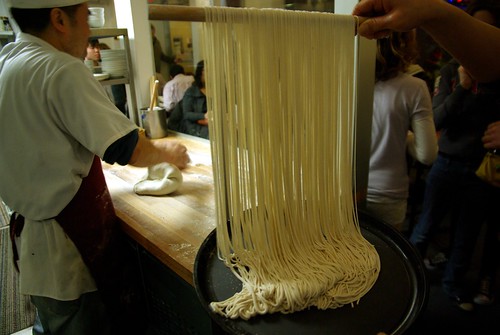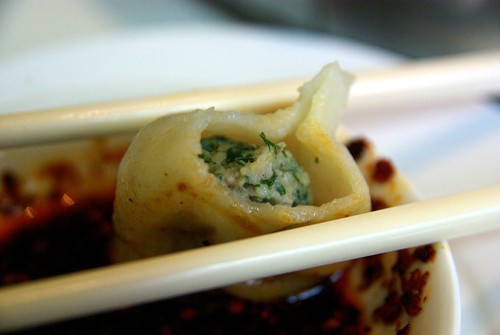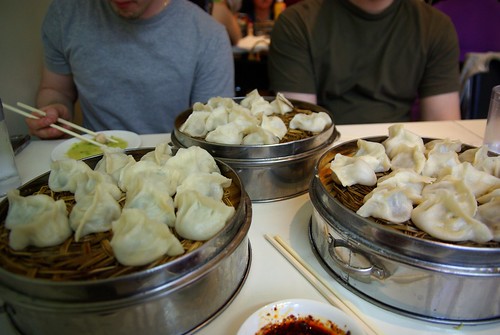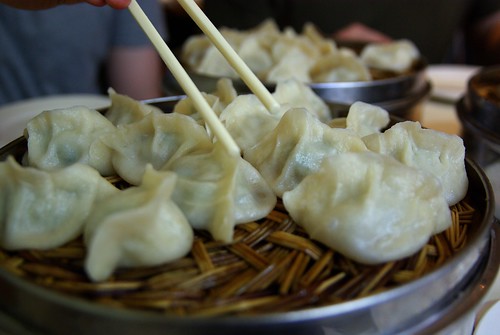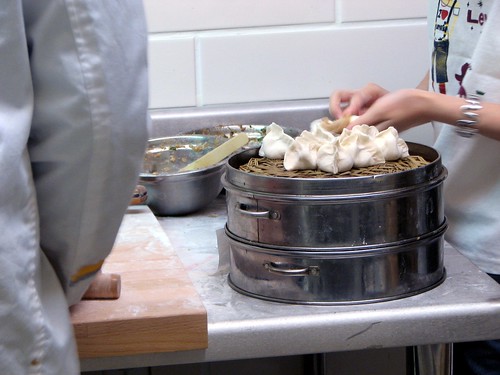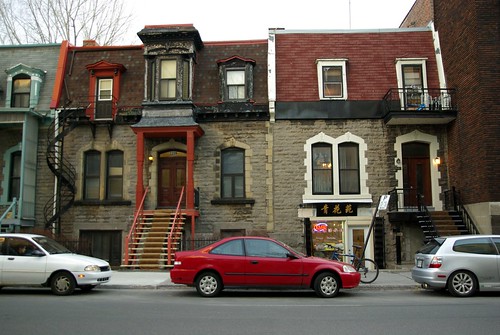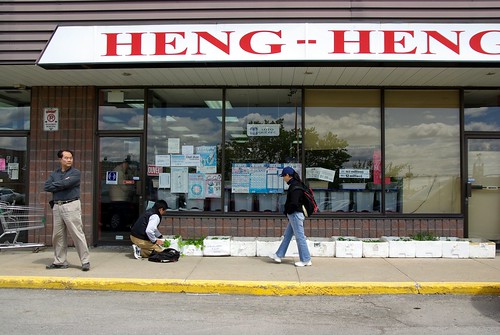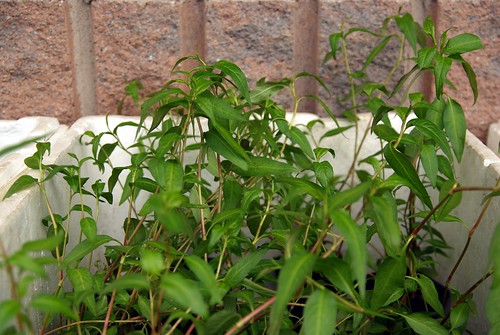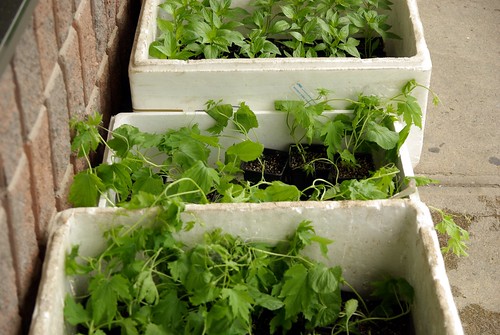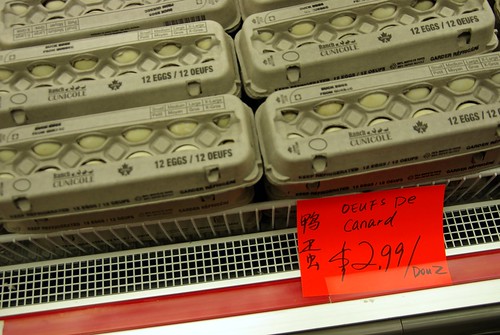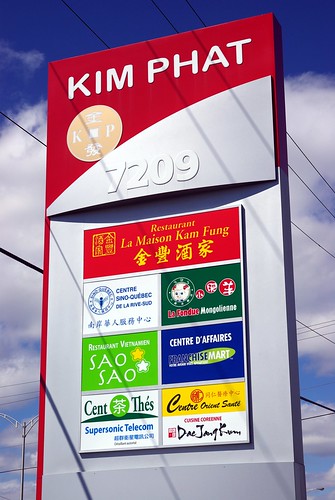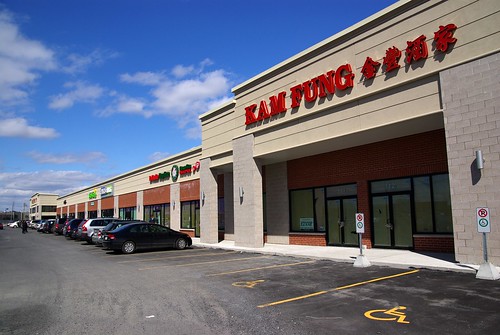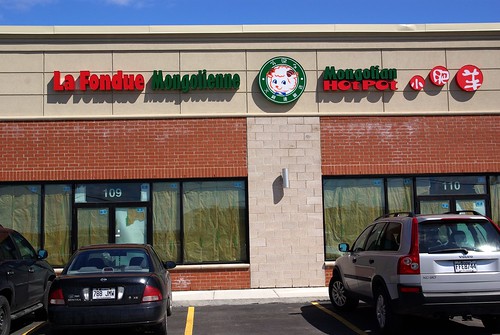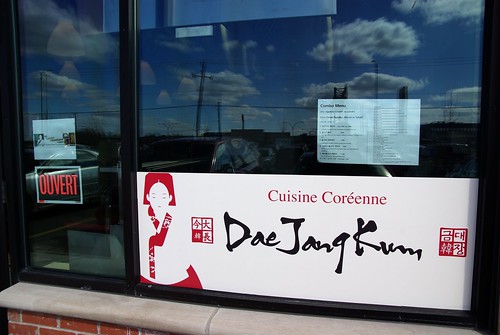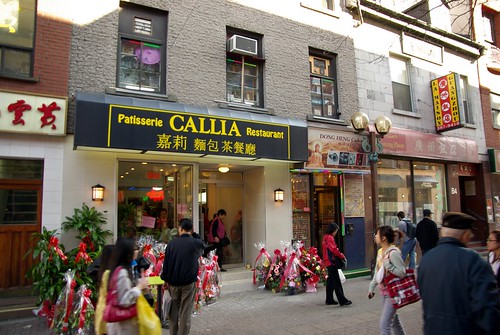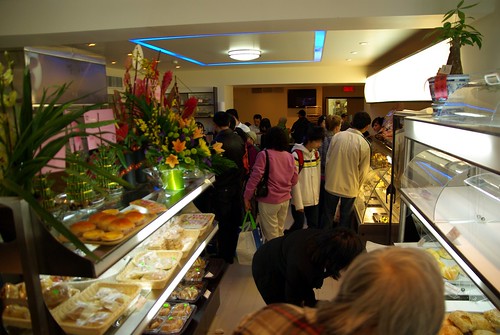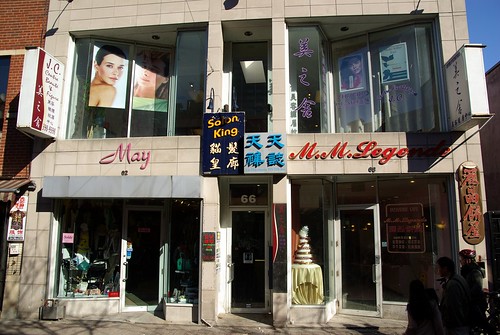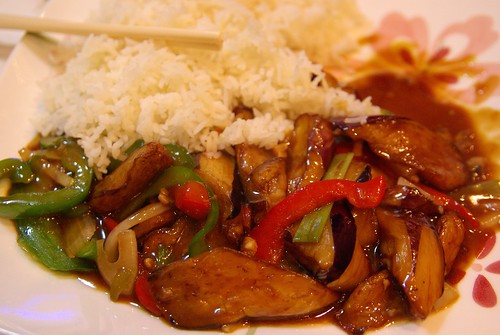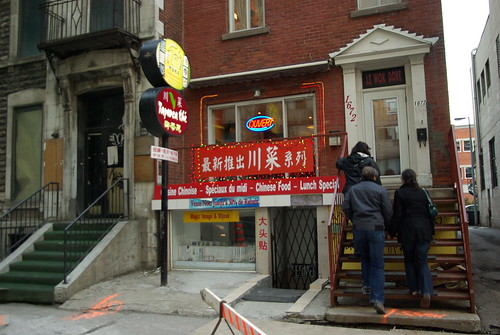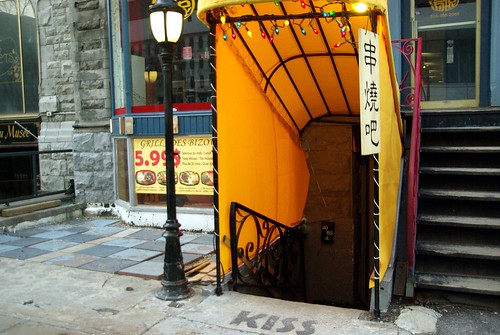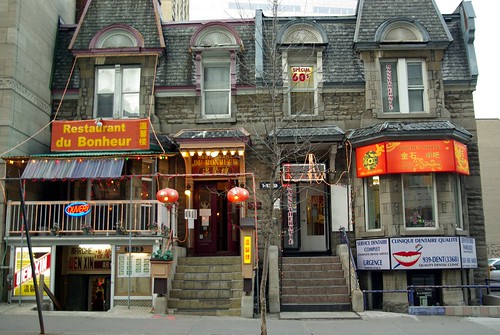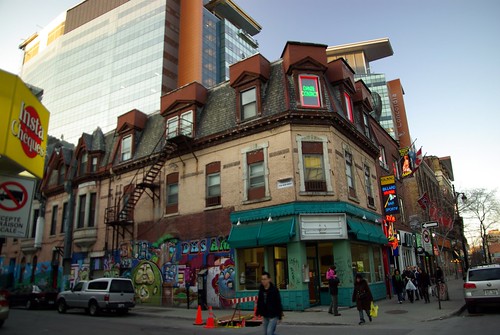Making dumplings is not a family tradition at all. My father occasionally makes wontons (once a year perhaps) in its most basic form of shrimp and pork and skins that you buy from the supermarket. On the other hand, in my desire to be different from family tradition, I’ve been inviting friends over for many … Continue reading “Montreal’s Noodles and Dumplings: Making your own (2 of 4)”
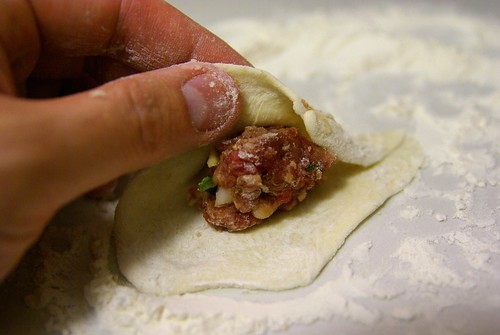
Making dumplings is not a family tradition at all. My father occasionally makes wontons (once a year perhaps) in its most basic form of shrimp and pork and skins that you buy from the supermarket.
On the other hand, in my desire to be different from family tradition, I’ve been inviting friends over for many years to make dumplings. We treat it as a social activity, sort of to pay hommage to the cult of slow food – because making dumplings is kind of slow.
There was this time last month when coming home from a long day at work, I felt like making dumplings at home. I also happened to have a pack of frozen ground lamb (from Adonis, a Middle-Eastern supermarket chain) that had been sitting there for many months. Here’s what it looked like after I added coriander, green onions and seasoning (soy sauce, sugar, salt):
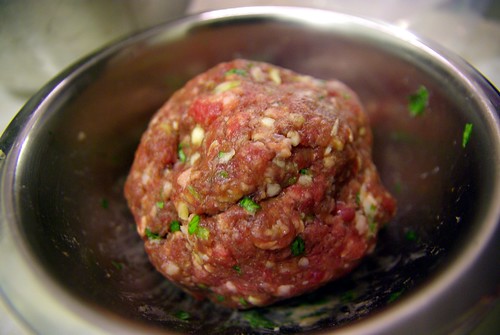
Then, I decided that they wouldn’t be homemade dumplings if I didn’t also make my own skins. In my first few dumplings parties, I always made my own skins, but found that most people didn’t and that it was so time-consuming that it started to have an averse effect on appetite… Skins are fairly simple: flour + water, until you get a ball of moist dough.
Using a plastic beer mug that followed me since one of those inter-university conventions of my undergraduate years, I would make individual skins starting from small ball (roughly the size of a large marble).
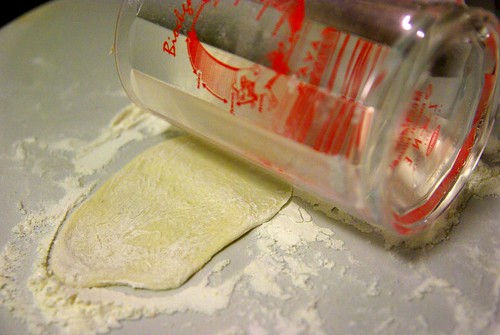
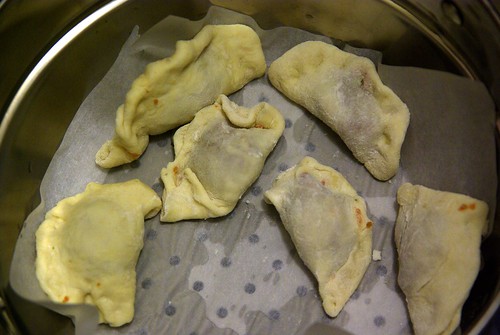
Then, you can either send them to the steamer or the frying pan. The fried option is perhaps tastier and requires you to add half an inch of water to a frying pan and a good tablespoon of oil. Boil the dumplings until the water dries out and fry both sides to get the crisp brown texture. Then, serve and enjoy.
It took me maybe an hour and a half from the time I broke open the flour bag to eating the first (steamed) batch. With a ball of lamb the size of a softball, I had enough dumplings for the night, lunch and one more portion for the freezer.
I must say that I still have trouble making skins that are as thin as those served in restaurants like Qing Hua Yuan. However, it’s a rather simple and easy meal to prepare; probably even fun to do with friends in any season.

